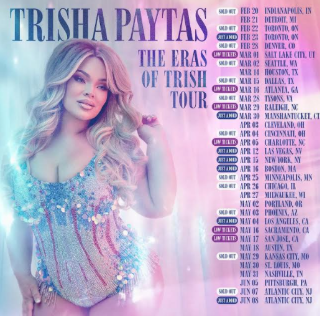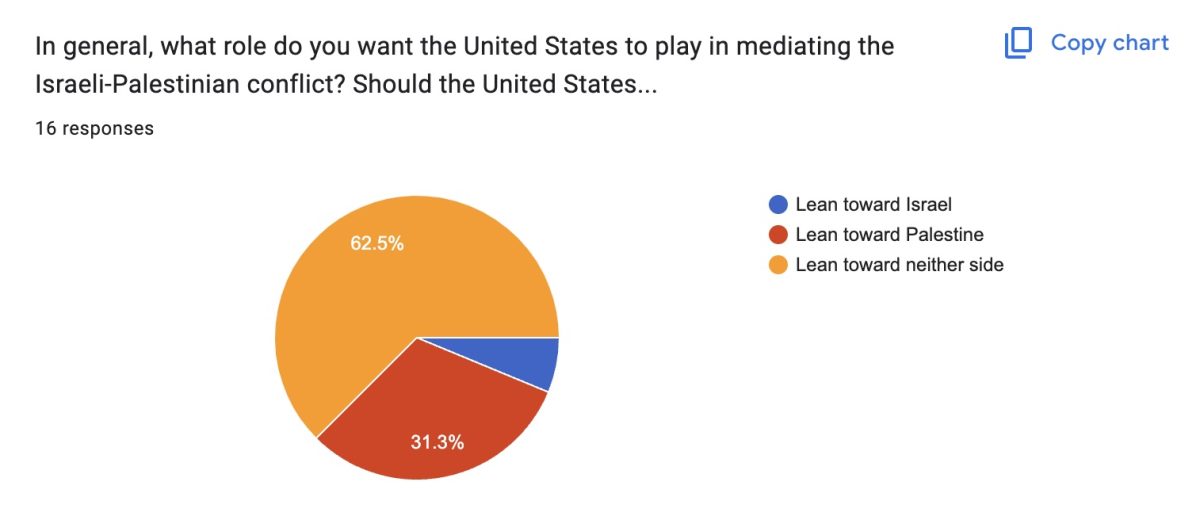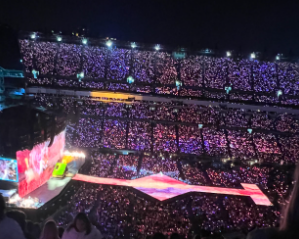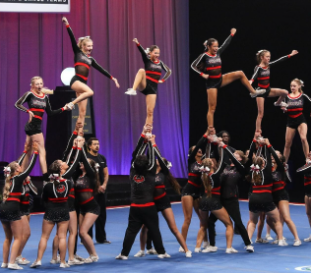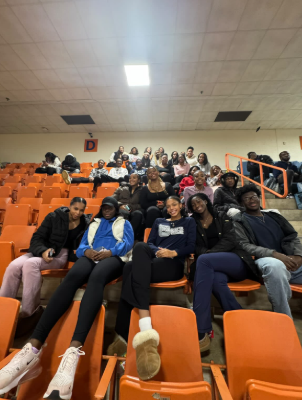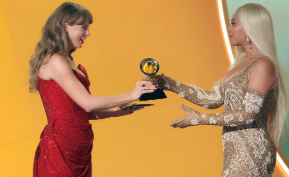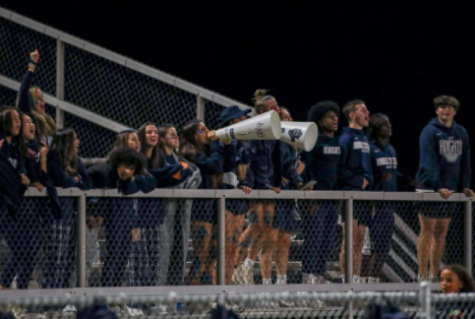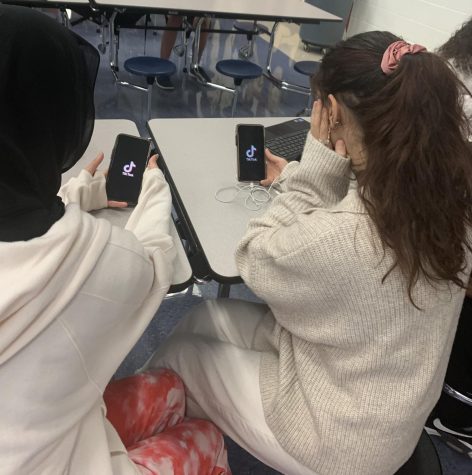Shang-Chi: Diversity in Hollywood
Shang-Chi: Diversity in Hollywood
By Shreya Manoj
Marvel’s Shang-Chi and the Legend of the Ten Rings broke the record for a Labor Day release this year, earning $94 million domestically in its first weekend at the box office as it made history being the first Marvel film with an Asian lead.
Nobody can deny that this movie was undoubtedly a huge success. The film captivated audiences with a beautifully crafted story about Shang-Chi (played by Simu Liu), a martial arts master confronting his past and crossing paths with the Ten Rings organization. This is significant since Hollywood has had a difficult time portraying diversity in films. Rarely do people of color have prominent roles on screen that do not debase the character by exposing them to harmful stereotypes.
“I definitely feel that Shang-Chi came with a purpose to prove that a blockbuster could be made with an Asian in a Hollywood with such static backgrounds (meaning ethnicity/race),” sophomore Annie Arulanand said. “It was important because it has been widely received and popularized.”
The Marvel franchise is one of, if not the most, successful franchises in the world. With a net worth of approximately $5 billion, it has produced multiple blockbuster movies. Its’ popularity is astonishing, and people all around the globe have fallen in love with these characters. Yet, Marvel is not known for its inclusiveness and diversity. 61% of all actors in Marvel are white.
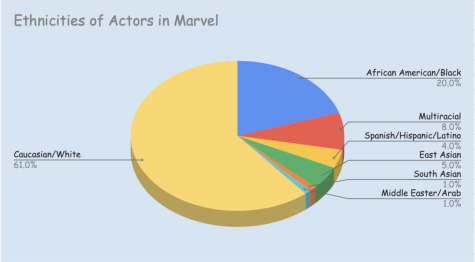
“The Hollywood industry, as well as Marvel, need to do a better job of portraying other cultures and ethnicities,” sophomore Srija Doma said. “It’s really disappointing to never see representation of my culture on screen.”
However, Shang-Chi differs. It is a movie with an Asian character in the lead and seen as an attractive superhero rather than comedic relief or the villain. It is the first superhero film starring, written, and directed by Asians.
“It felt [the movie] foreign because it’s such a new concept in the Marvel movie franchise, along with most Hollywood blockbusters,” Arulanand said. “Marvel has only recently been more inclusive to POC superheroes with Black Panther having a similar success.”
With the release of Black Panther in 2018, Marvel made history by having a black actor (Chadwick Boseman) take on the role of a superhero. As a massive hit, Black Panther broke box office records. Statistics show movies with a person of color as the lead tend to do better at the box office, but Marvel does not seem to capitalize on this. This garnered many questions of why not make a sequel to these great films or spinoffs.
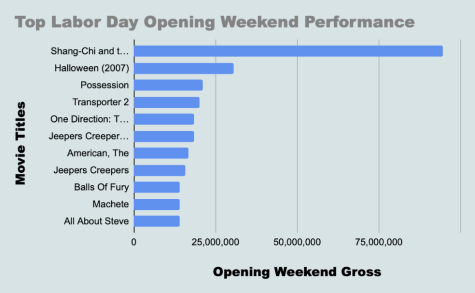
“I think that these corporations are doing the bare minimum, but I am still glad that they decided to take action and make an effort to include diversity,” Doma said. “I think they should be praised, and the movie deserves the hype, but it should be normalized to have diversity in the future for industries like this.”
She said that showcasing diverse characters in mainstream media shows and books can help others overcome their inner conflicts and biases. Not to mention the opportunity for people of color to see characters with whom they can connect on-screen.
“I feel as if a new door has opened for diversity in Hollywood,” Arulanand said. “This movie was a bigger, better step towards inclusion in Hollywood in a huge manner, and even if overhyped, it cannot be ignored.”
However, adding diversity won’t guarantee success. Hollywood is known for inaccurate representations to the point of dehumanization, especially with Asian communities. For instance, Asians would be viewed as unintelligent because of their accents; they would be servants or mute, and Asian women would be portrayed as cold-hearted “dragon ladies” or overbearing “tiger moms.” Hollywood rarely shows POC characters as real people with a range of emotions, thoughts, and behaviors that do not fit into the stereotype. Disney’s Mulan, while having an Asian lead, was criticized for its lack of proper representation and inaccuracies regarding Chinese culture. Other media shows like “Crazy Rich Asians” and “In the Heights” were criticized by others, despite having diverse casts, for lacking Southeast Asian and Afro-Latino representation, respectively.
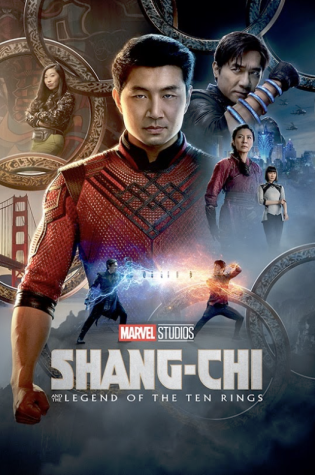
“Marvel has been taking steps towards creating a more diverse cast in the future,” Marvel Studio head Kevin Feige said. “This is only the beginning,”
Although Shang-Chi and Black Panther are the only POC-led Marvel films released right now, new projects aiming to diversify are in the pipeline. One notable opportunity is “Ms. Marvel,” which will feature a woman of color in the role of Kamala Khan.
“I am looking forward to what Marvel has in store for the future,” Doma said. “Personally, [representation] helps me relate to characters more, and I feel better about myself, and it boosts my confidence as a POC person.”
Shang-Chi opens the door for Marvel to showcase more appropriate diverse characters on the big screen in the future. This could have a huge impact worldwide and help Marvel connect with its’ fans on a deeper level. Rather than just watching a white character, POC could have the chance to see themselves in characters that are seen as superheroes. They can watch characters that are more than just their race with unique stories and complex characteristics.
“It’s really important that stories of each character,” Simu Liu said in an interview with The Hollywood Reporter. “[Characters] beyond race, are able to unfold on the large screen.”

